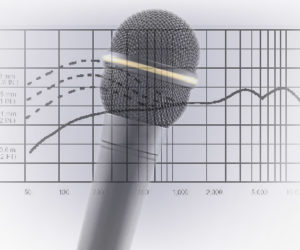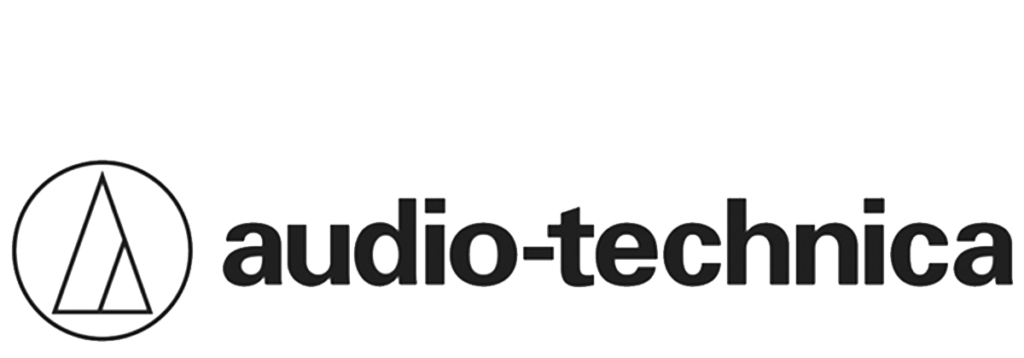During a talk at a recent event, I received a question from an attendee who asked if “just anyone” can learn to become a competent sound engineer. This isn’t an easy question to answer, but I’ll break it down as I see it.
The Technical Side
Bob McCarthy spoke at the same event and he suggested that audio can be divided into an objective and a subjective part. The objective one is the scientific approach of physics and measurements, the very quantifiable data that gets interpreted by the sound engineer or a system tech. This part is absolutely up for grabs for anyone who is willing to learn. Just a fair warning – there are many areas one must study and become fluent with in order to become a competent sound engineer.
Let’s focus on some of them:
Electronics. Being truly efficient requires knowledge the basic principles of electronics. Terms like “impedance,” “voltage,” “crest factor” and so on must become a part of the vocabulary of every engineer who truly wants to understand the way sound is transmitted and reproduced.
Acoustics. A big one – understanding how sound behaves in different rooms, acoustic properties at various frequencies, the relationships between time, frequency and phase, and much more, are crucial to an engineer. Another significant aspect is learning about measuring the sound in a room and how to read the data to make informed choices.
Computer science. In this modern age we rely heavily on DSP-based devices. Dealing with file management, data storage, and format compatibility is a daily occurrence, especially with digital consoles that are supported by server-run plugins, DSP-based loudspeaker processors and even virtual instruments for modern musicians.
IT. I distinguish IT (information technology) knowledge from computer science for the simple reason that I’ve been around many computer-savvy engineers who didn’t know how to set up a network or had no clue about their router’s IP address settings. Since there are several digital format protocols we’re using on a daily basis to allow our digital devices to talk to each other, having knowledge about how to configure a network and keep it stable is a huge part of a sound engineer’s bag of tricks.
Audio processing. Tools such as equalizers, compressors, and gates; mixing consoles of all shapes and sizes; microphones and loudspeakers – there are many specific tools in our business we must understand from a processing point of view.
The good thing is that with many of them, learning the basic principles of operation in a theoretical manner and then translating that knowledge across all devices (e.g., a threshold knob on a compressor will perform the same task whether it’s in a specialized analog device, a digital console, a plugin, or a loudspeaker processor). That said, there are still plenty of manufacturer- and/or model-specific functions to know in order to operate any piece of gear to its full potential.
The Music Side
The subjective side of audio consists of all things that are not quantifiable but rather emerge from our own vision of how something should sound. Although this is largely a matter of personal choice, it still requires a ton of homework.
What can we learn to inform our choices when shaping sound?
Music theory. This is insight about rhythmical patterns, bars and beats, and basic arrangement principles, as well as how instruments produce sound. Knowing how a drum produces its sound helps us properly place its microphone. Knowing how a song is arranged can influence our EQ decisions. Another facet of this is understanding the vocabulary of musicians in order to be a part of their conversations and provide them meaningful input.
Music history. This might seem odd, but it has a very practical aspect with respect to our work. When first working with a band, it’s our responsibility to know their discography and how their music (and “sound”) has developed over time. Further, in conversations they’ll likely allude to other songs and/or performers. Being able to reference a specific sound to a particular record is a very effective way of communication, so it’s a priority to “speak the language.”
Ear training. Nope, it’s not a mistake to include this on the subjective side of things. Does 2 kHz sound the same to everyone? The short answer: no, it doesn’t. Everyone hears sound differently, so we need to train our ears and minds to recognize frequencies, as well as changes in volume, levels of compression and other nuanced aspects, and within what’s often a very busy audio environment, in order to make informed decisions.
All of this is a long-winded way of saying that audio engineering can absolutely be taught and learned. As with just about any other profession, some people have more natural ability or aptitude than others, but it usually takes everyone years of training, researching and learning to become successful no matter the business.
Last but certainly not least – another significant factor that I’ve covered numerous times in the past is having a pleasant, cooperative personality and the ability to be friendly, respectful and professional under stressful circumstances. In fact, this may be the one thing that’s more difficult to learn that any other aspect because it involves working on ourselves rather than on our skills.
But that’s a topic for another day.





